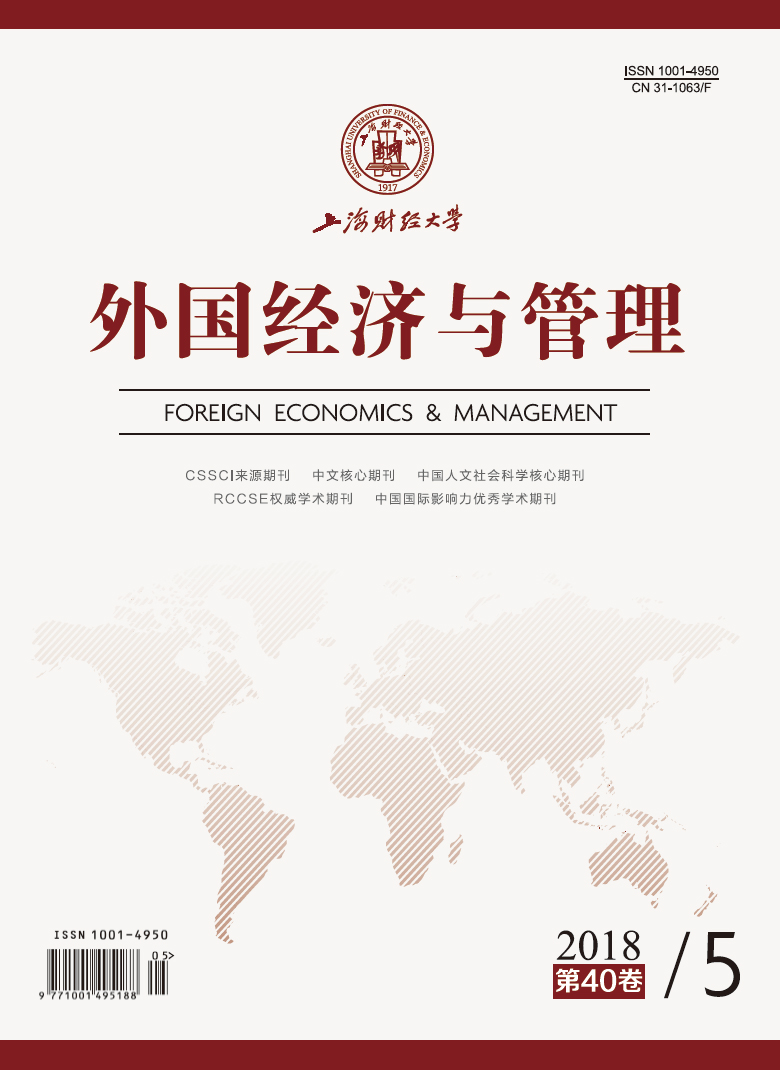Along with the globalization of knowledge innovation, creativity has become the core of modern enterprise to obtain sustainable competitive advantage motivation. The relationship between transformational leadership and creativity is an inevitable research topic in the organizational change context filled with competition and uncertainty. However, the current academic circles about the relationship remain major differences. Some scholars believed that transformational leadership on creativity has a promoting effect. Some scholars pointed out that transformational leadership on creativity exists inhibitory effect. In addition, some scholars believed that there is a non-linear relationship, namely, U-shaped and inverted U. The inconsistency of the research findings can lead to the cognitive dilemma of how to control the relationship. Only a few scholars summarized the promotion effect, and hadn’t investigate the inhibition mechanism of transformational leadership on creativity. Aiming at the shortcomings, based on related research results, this paper refines the double-edged sword effect, and sums up of the nonlinear relationship. In terms of promotion mechanism, transformational leadership promotes individual creativity through motivation, cognition, and emotion mechanism, and improves team creativity from team cognition and team interaction mechanism. In terms of inhibitory mechanism, transformational leaders inhibite individual creativity through cognitive and emotional mechanism, and team creativity can be impeded by team cognition and team interaction mechanism. Therefore, future researches should intensify the negative aspects of transformational leadership from the perspective of equilibrium, reveal the relationship between transformational leadership’s dimensions and multilevel creativity from the perspective of system, deeply explore the complex mechanisms of the effects from the perspective of integration, discuss the boundary condition of the effects from the perspective of contingency, promote the cross-cultural study from the perspective of situation and strengthen the diversity and scientific level of research from the perspective of methodology. The double sword effect of transformational leadership on creativity needs a comprehensive focus on. The positive effect should be researched to be applied to organizational innovation practice, so as to enhance the level of creativity; however, the negative effects need to be further explored and prevented in the management practice.
 / Journals / Foreign Economics & Management
/ Journals / Foreign Economics & ManagementForeign Economics & Management
JIN Yuying, Editor-in-Chief
ZhengChunrong, Vice Executive Editor-in-Chief
YinHuifang HeXiaogang LiuJianguo, Vice Editor-in-Chief
The Double-edged Sword Effect of Transformational Leadership on Multilevel Creativity
Foreign Economics & Management Vol. 40, Issue 05, pp. 31 - 42 (2018) DOI:10.16538/j.cnki.fem.2018.05.003
Summary
References
Summary
Cai Yahua, Jia Liangding, Wan Guoguang. Transformational leadership and employee creativity-The mediating role of pressure[J]. Science Research Management, 2015, 36(8): 112-119.
[2] Cai Yahua, Jia Liangding, You Shuyang. The influence of differentiated transformational leadership on knowledge sharing and team creativity: A social network explanation[J]. Acta Psychologica Sinica, 2013, 45(5): 585-598.
[3] Chen Lu, Bai Shuaijiao, Wang Yuemei. CEO transformational leadership and TMT creativity: A moderated mediating model[J]. Nankai Business Review, 2016, 19(2): 63-74.
[4] Hu Hong, Gu Qinxuan, Chen Jixiang. The effects of transformational leadership on organizational creativity and innovation: Literature review and future directions[J]. Nankai Business Review, 2012, 15(5): 26-35.
[5] Li Guiquan, Xi Youmin, Liu Haixin. Research on the effect mechanism of transformational leadership on knowledge sharing[J]. Science of Science and Management of S. & T, 2014, 35(9): 48-58.
[6] Liu Jingjiang, Zou Huimin. The impact of transformational leadership and psychological empowerment on employee creativity[J]. Science Research Management, 2013, 34(3): 68-74.
[7] Luo Jinlian, Men Chenghao, Zhong Jing. The effects of leadership behavior and team creativity in dynamic environments[J]. Science of Science and Management of S. & T, 2014, 35(5): 172-180.
[8] Song Jing, Chen Juhong, Sun Yonglei. The influence of core enterprise leadership style and inter-organizational trust on cooperative innovation performance[J]. Forum on Science and Technology in China, 2013(11): 73-78.
[9] Wang Hongli, Zhang Quanjun. The cost of feeling trusted: The study on the effects of feeling trusted from supervisor, role overload, job stress and emotional exhaustion[J]. Management World, 2016(8): 110-125.
[10] Wang Zhen, Sun Jianmin, Zhang Ruijuan. Effect of leader core self-evaluation on follower organizational citizenship behavior: The role of ethical leadership and collectivistic orientation[J]. Acta Psychologica Sinica, 2012, 44(9): 1231-1243.
[11] Xu Bing, Shi Guanfeng. The effects of transformational leadership on team creativity: The intermediary role of team reflexivity and team boundary management[J]. Science and Technology Management Research, 2014, (18): 19-25.
Cite this article
Zhang Jianwei, Ren Yongcan, Zhao Hui, et al. The Double-edged Sword Effect of Transformational Leadership on Multilevel Creativity[J]. Foreign Economics & Management, 2018, 40(5): 31-42.
Export Citations as:
For
ISSUE COVER
RELATED ARTICLES





 13171
13171  12178
12178

